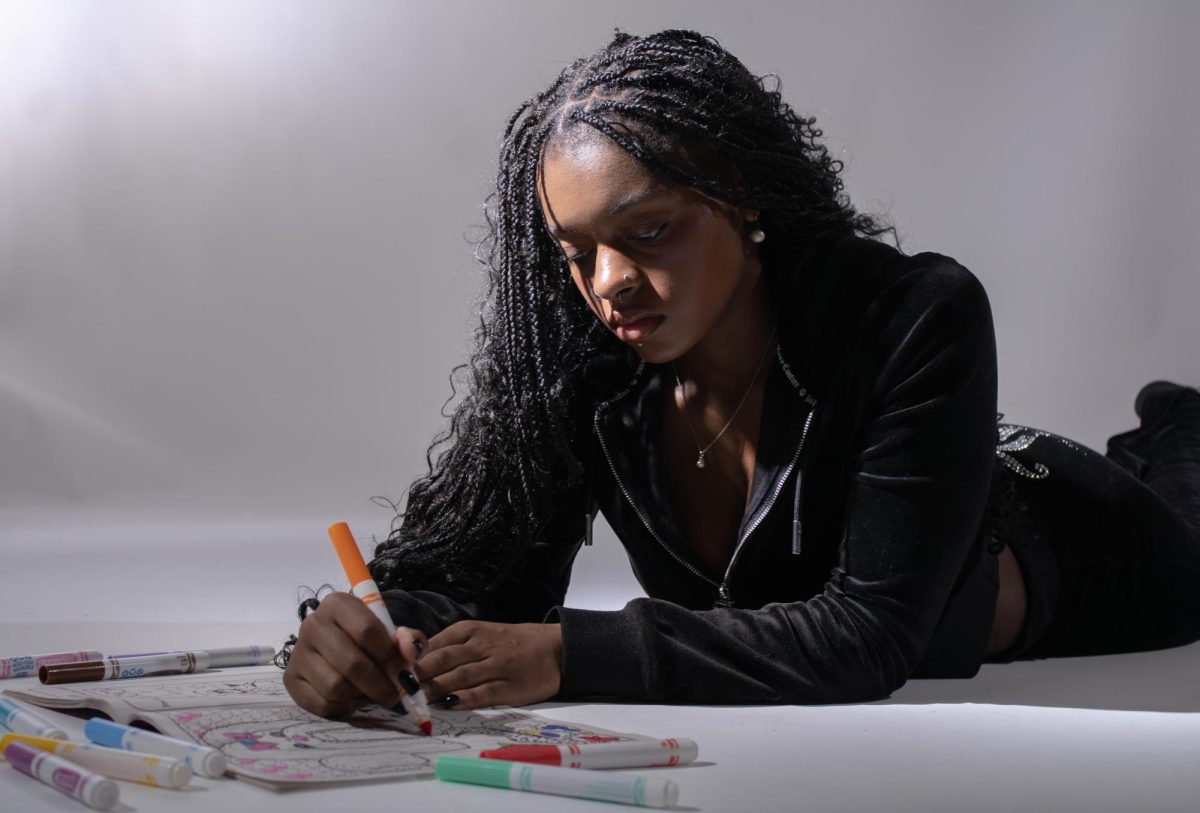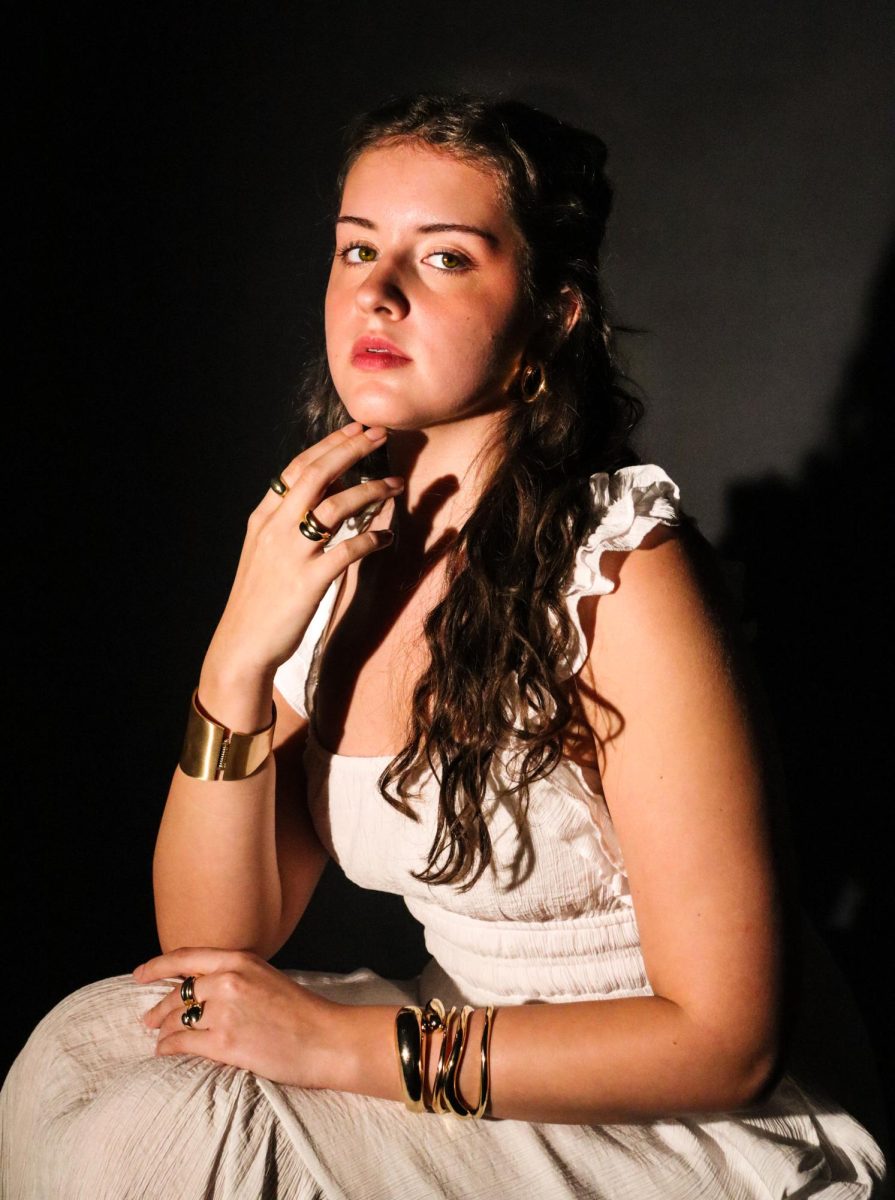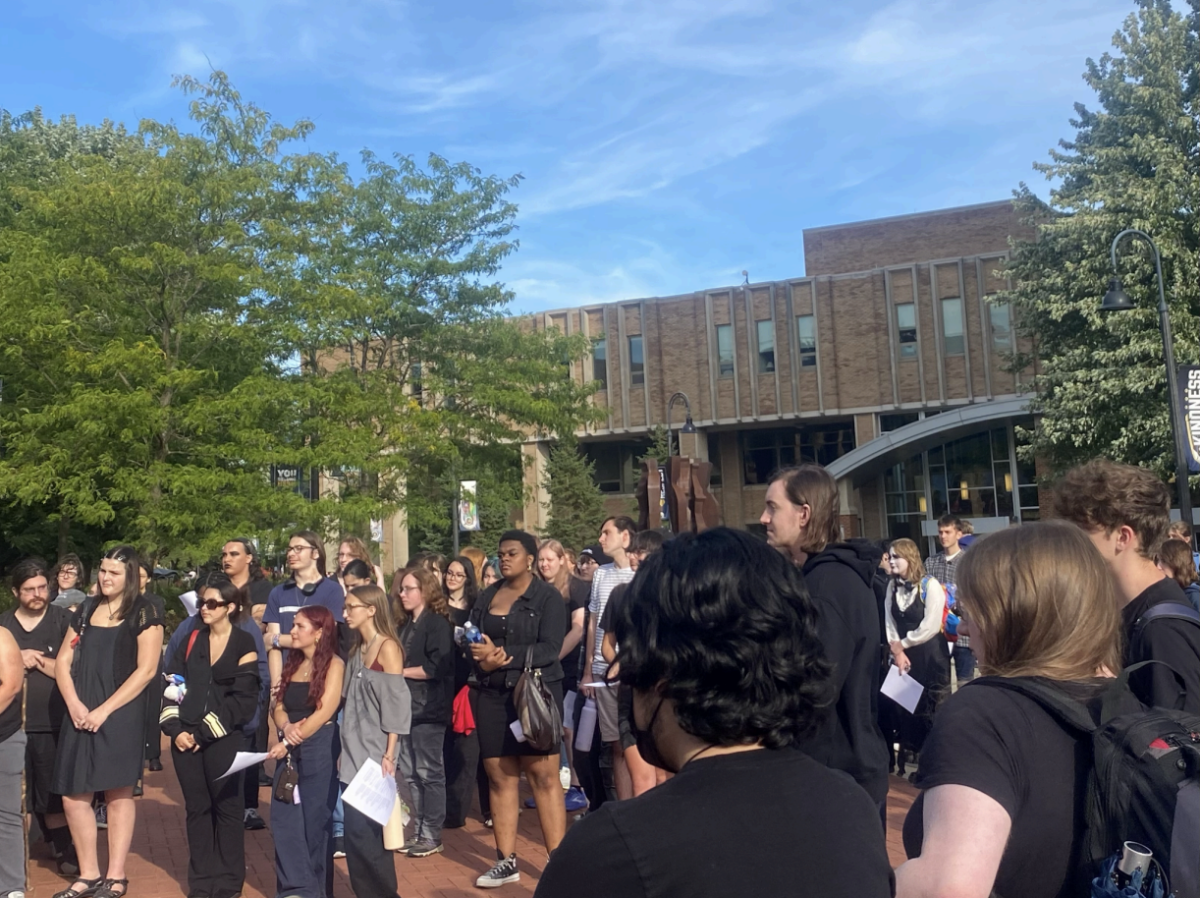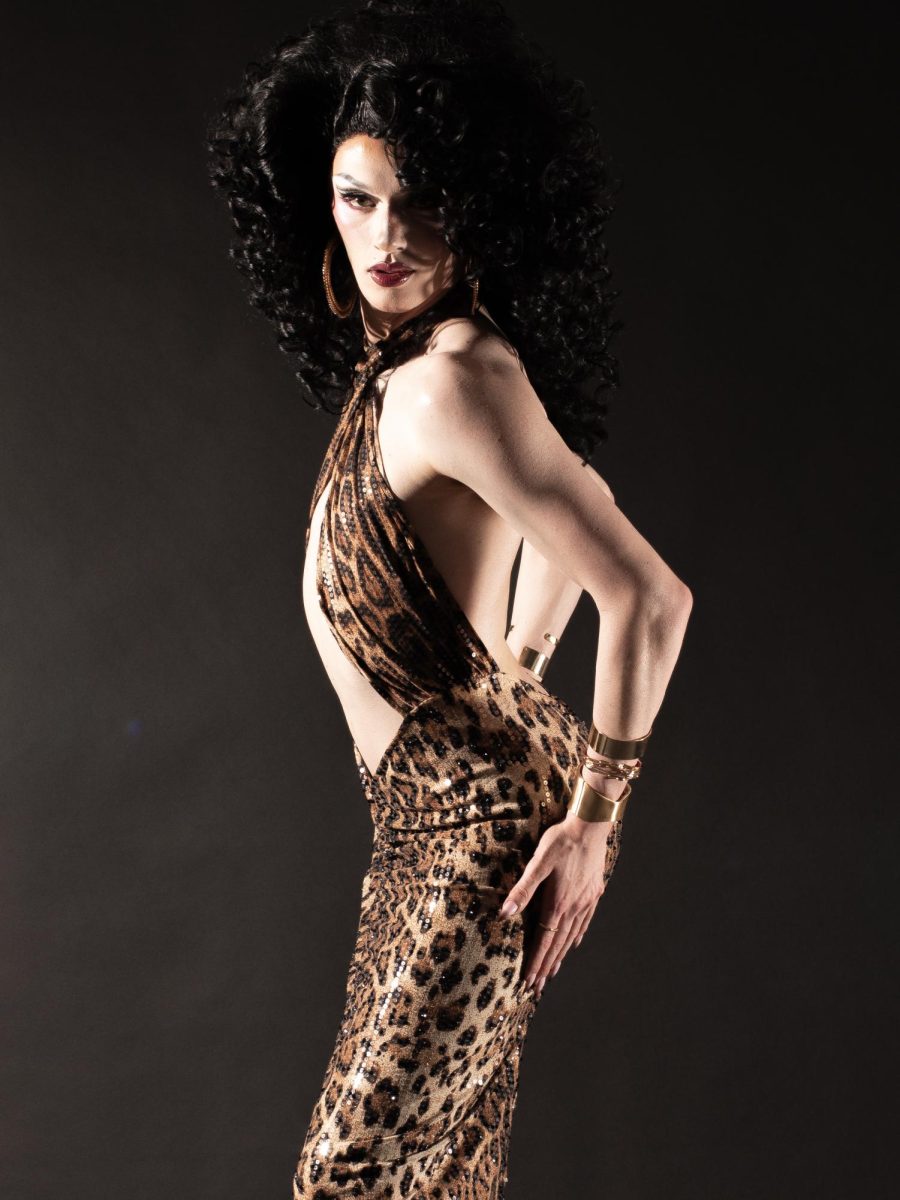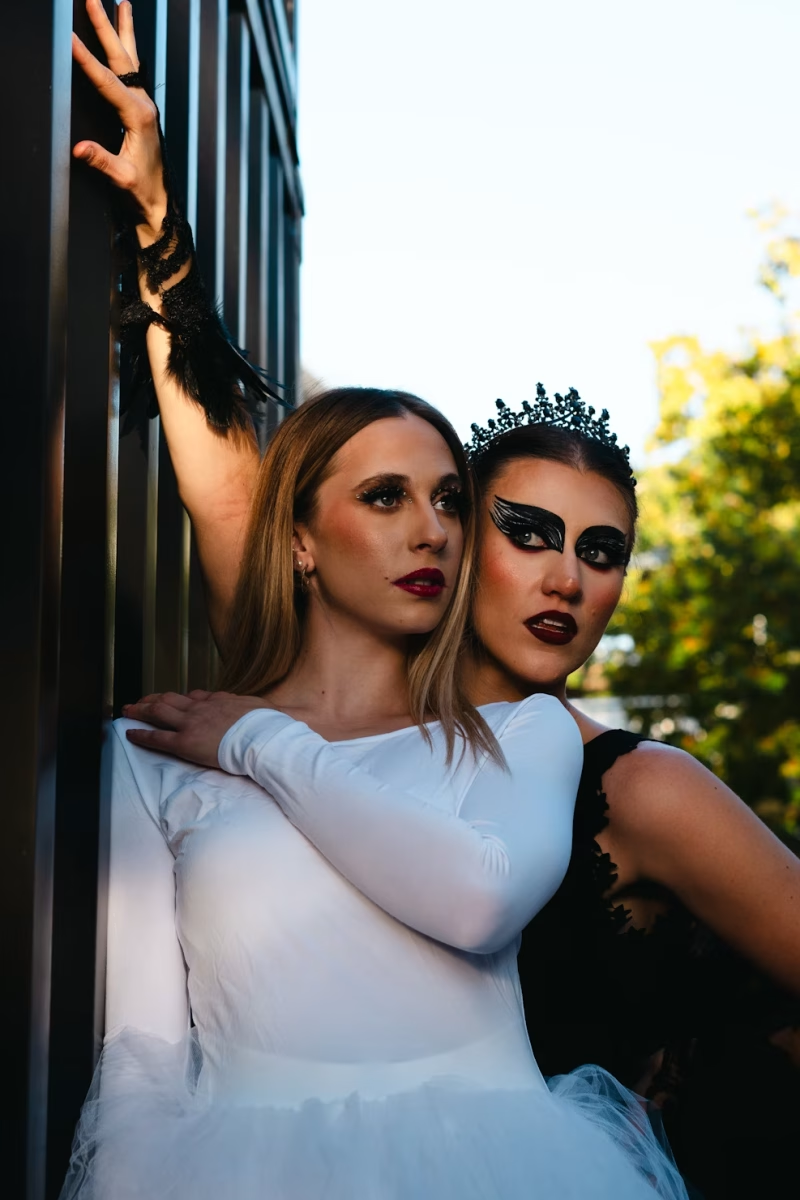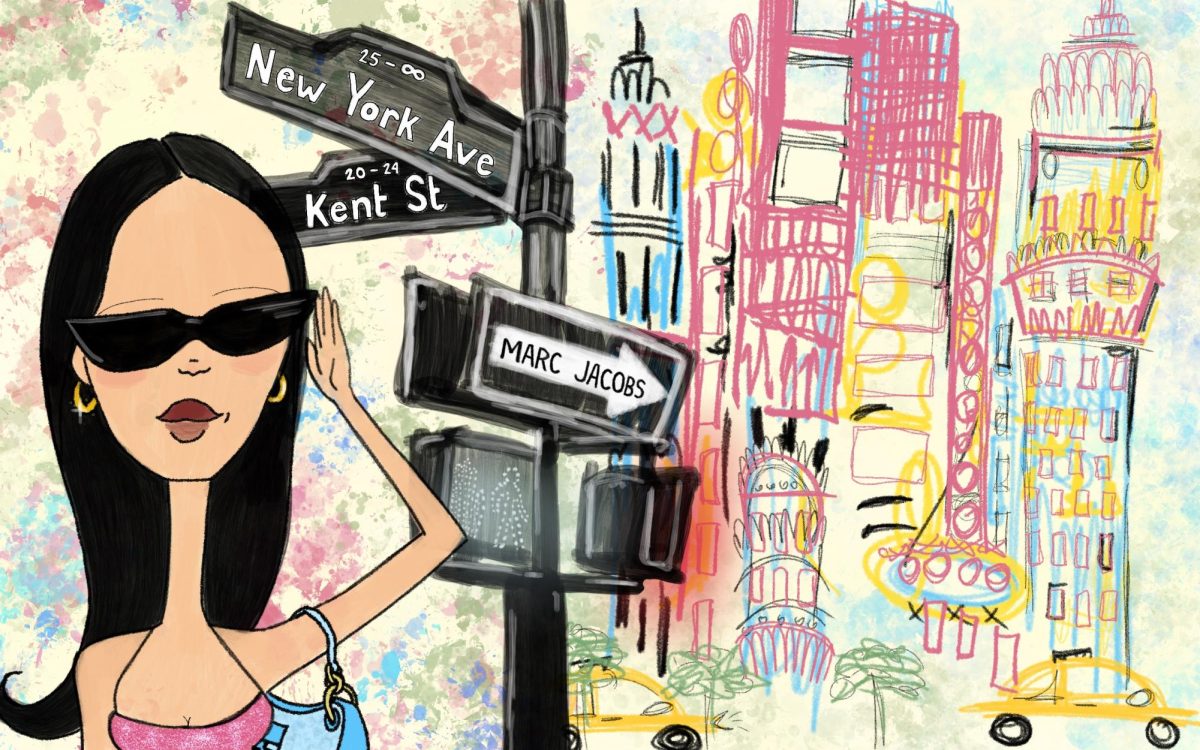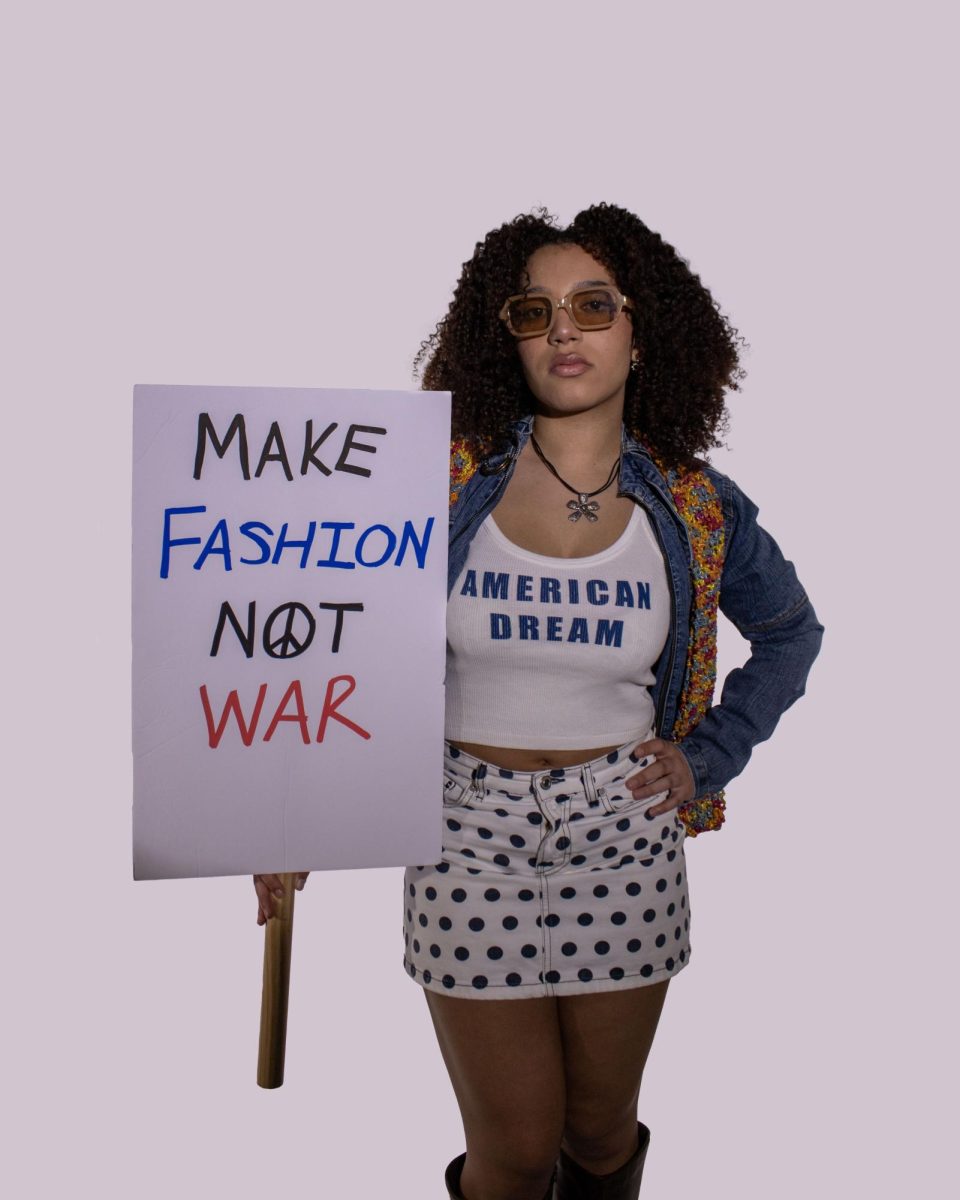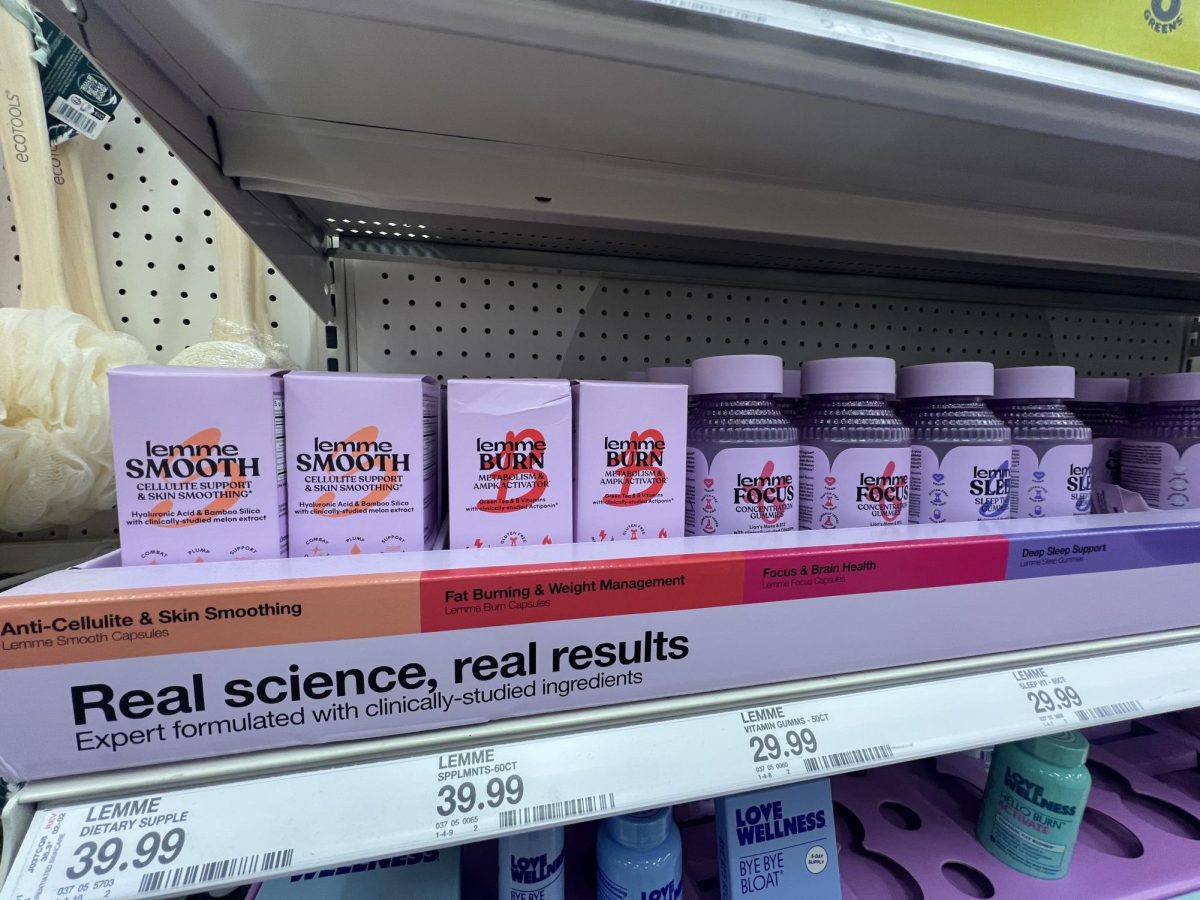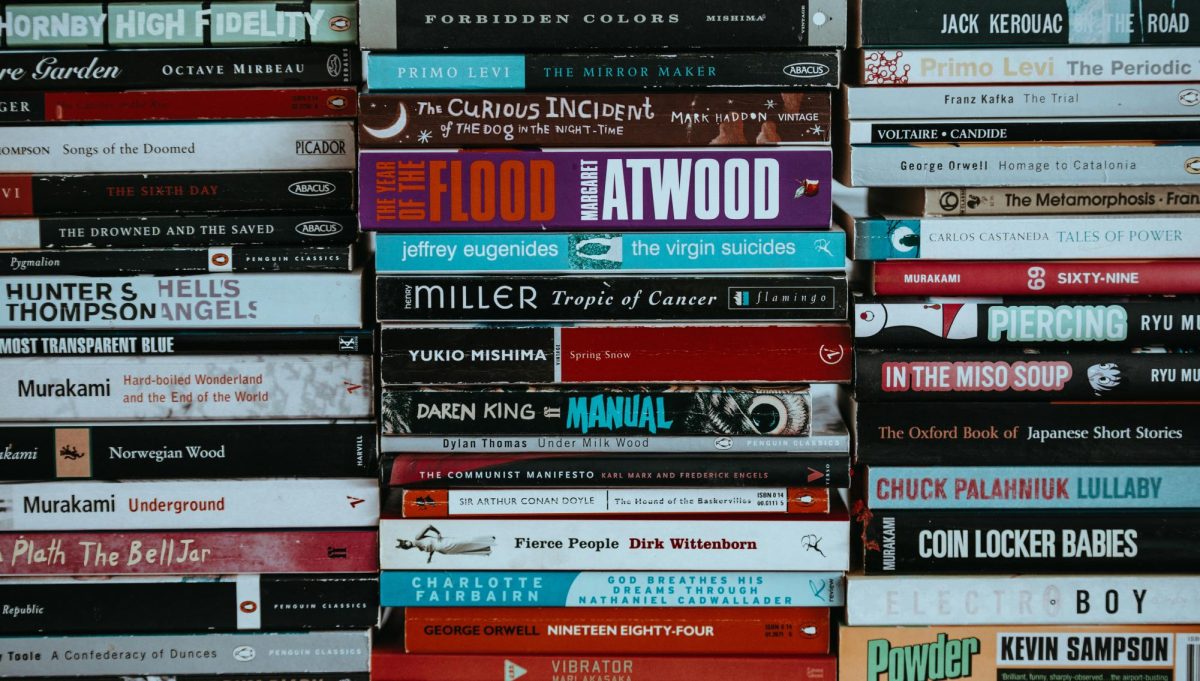After the tragic events that took place at Marjory Stoneman Douglas High School in Parkland, Florida this past February, an immediate call to take action against gun violence has been in place. Survivors of the mass shooting began the hashtag #NeverAgain to raise awareness for gun control, launching the March For Our Lives movement.
March For Our Lives is a demonstration demanding lawmakers to take action against gun violence and keep schools and communities safe that took place March 24.
The mission statement on its official website says, “Not one more. We cannot allow one more child to be shot at school. We cannot allow one more teacher to make a choice to jump in front of a firing assault rifle to save the lives of students. We cannot allow one more family to wait for a call or text that never comes. Our schools are unsafe. Our children and teachers are dying. We must make it our top priority to save these lives.”
The head demonstration took place on the streets of D.C. right in front of the Capitol, yet there were 840 sister marches happening around the globe. From New York and Columbus, Ohio to Sydney and Tokyo, the walkout was a historical march calling for legislative change.
Devyn Bauer, a student at Savannah College of Art and Design, is an organizer of the Savannah march. The main points that she is hoping to get across to policymakers is that gun reform is a necessity and participants of the movement will not give up until it becomes a reality.
Bauer is just one example of young activists using their voice for this cause. March For Our Lives continues to prove that the rising generation will not stay silent on this matter.
“Most politicians don’t expect our generation to take action and pay attention to politics or what is going on in our government, which is why it is so important to use your voice and take action,” says Carissa Eberhardt, a student at Kent State who attended the Minneapolis march. “I would want to make sure at least I have a say in how we run as a country.”
The cause has raised $3 million for the D.C. march and to support families of the Parkland victims. Celebrities such as George and Amal Clooney and Oprah have donated half a million dollars, while also pledging to march with these students.
While March 24 was a turning point for this conversation, the next step is to take this action into voting. Headcount, a non-partisan organization, will be sending out volunteers to various marches to register voters there. The official March For Our Lives website also provides a link to voter registration.
Bauer says it is crucial for students to be politically active because “our voice is the most effective weapon we’ll ever have. The votes are just as important.”
March For Our Lives was a historic event, but it was just the beginning of change. This is a critical time in history where the people’s voices can lead to serious changes in the country.



